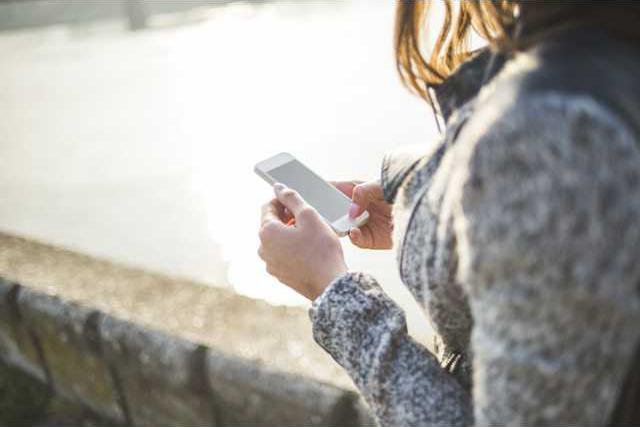New tech tools can help teens cope with stress, using what is often a teen’s favorite possession: a smartphone.
Teenagers in the U.S. are even more stressed than adults, and 82 percent of teenagers report feeling moderately or extremely stressed during the school year, according to a survey by the American Psychological Association.
While smartphones sometimes aggravate stress, especially when they interfere with sleep, creative developers are finding healthier ways to use the device. A variety of smartphone apps can help stressed out teens develop healthy coping habits.
Meditation
Mindfulness, or meditation, is one of the best ways to cope with stress, and more high schools are incorporating mindfulness training into the school day, according to a recent report by the Washington Post. Mindfulness expert Sarah Rudell Beach recommends these meditation apps for teens:
• Stop, Breathe & Think
• Take a Break!
• Smiling Mind (This one features guided meditation in an Aussie accent.)
Sleeping
Lack of sleep is associated with surges in stress hormones, which for teens may predict later mental health problems, according to research by Northwestern University’s Emma Adam.
Apps can foster healthy sleep by playing soothing sounds as people drift off, tracking sleep cycles and sensing motion to wake them up at an optimal time. Here are a few of the best sleep apps (just make sure to turn off notifications and block the light emitted by the phone):
• Sleep Genius
• Sleep as Android
• Sleep Cycle
Depression
For teens suffering not just from everyday stress but from clinical depression, mental health professionals are increasingly using apps to supplement therapy. The use of apps to help treat depression was recently endorsed by Britain’s National Health Service. Here are apps to try in conjunction with professional therapy. They are also useful for teens who are not clinically depressed but want to improve their moods:
• Mood 24/7
• MoodKit
• Happy Habits
Smartphone apps that can help stressed teens


Latest
-
 Its toxic: New study says blue light from tech devices can speed up blindness
Its toxic: New study says blue light from tech devices can speed up blindness -
 This upset man was turned away from voting polls because he was wearing a MAGA hat; here's what th
This upset man was turned away from voting polls because he was wearing a MAGA hat; here's what th -
 Facebooks stock suffers the worst single-day market loss in history. Heres how much Mark Zuckerber
Facebooks stock suffers the worst single-day market loss in history. Heres how much Mark Zuckerber -
 Roseanne Barr speaks with Sean Hannity in first TV interview since racist tweet controversy. Here ar
Roseanne Barr speaks with Sean Hannity in first TV interview since racist tweet controversy. Here ar


